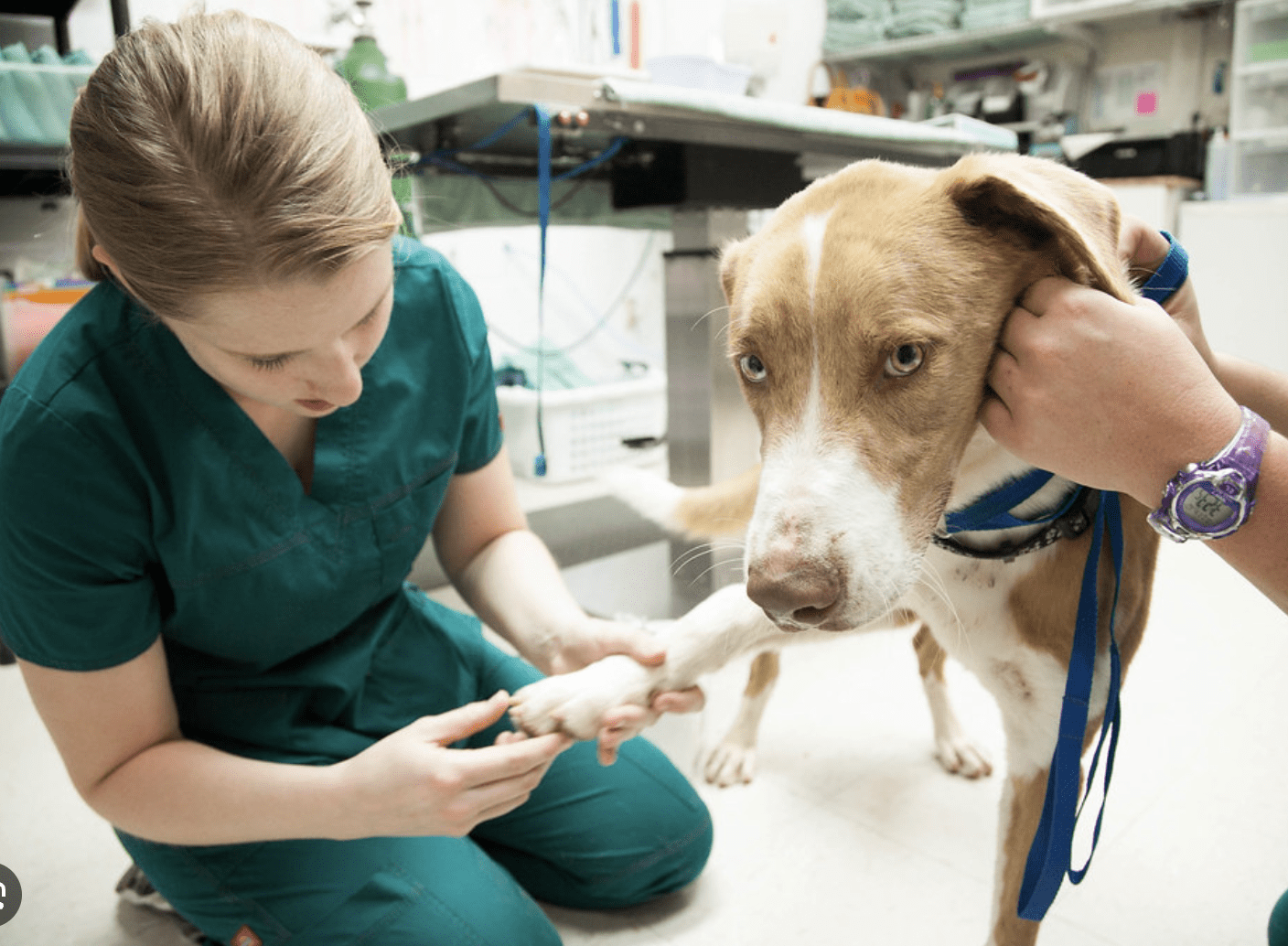ARS TECHNICA – The anti-vaccine rhetoric that dogged COVID-19 responses has now gone to the dogs, literally.
A little more than half of surveyed dog owners—53 percent—questioned the safety, efficacy, and/or necessity of vaccinating their beloved four-legged family members.
The study, published recently in the journal Vaccine, involved a nationally representative group of 2,200 American adults, of which 42 percent (924) made up the analyzed subgroup of dog owners.
Overall, the findings add to concern that the anti-vaccine sentiments that flared amid the pandemic have fanned out broadly, undermining even routine childhood vaccinations.
That concern was supported by the new study, which found that the dog owners who espoused “canine vaccine hesitancy,” or CVH, were more likely to embrace misinformation and falsehoods linked to human vaccines. And those anti-vaccine beliefs were potent. Responses from the CVH dog owners suggested that 56 percent opposed mandatory vaccination against rabies, a 100 percent fatal condition.
“To be clear, vaccines do not cause autism.”
In a particularly striking finding, the study found that 37 percent of all dog owners believed vaccines could cause their pets to develop cognitive problems, such as “canine/feline autism.”
To be clear, vaccines do not cause autism. This falsehood has been thoroughly and repeatedly debunked for years; the plethora of data on vaccine safety shows absolutely no link between vaccination and autism. Further, “canine autism” (aka “canine dysfunctional behavior” on the Internet) is not a real condition.
A veterinarian who was not involved with the new study confirmed to Ars that it is not an established diagnosis, though dogs can suffer behavioral and cognitive disorders unrelated to human autism.
Nevertheless, anti-vaccine bunkum has clearly metastasized to our furry companions. The lead author of the study, Matthew Motta, told Ars over email that he and his co-authors expected some vaccine hesitancy among pet owners but still found the results “pretty surprising.”
“We were shocked”
Motta, a professor of Health Law, Policy, & Management at Boston University’s School of Public Health, conducted the study with his sister, Gabriella Motta, a veterinarian at Glenolden Animal Hospital in Pennsylvania, and Dominik Stecula, a political scientist at Colorado State University …
Beth is Ars Technica’s Senior Health Reporter. Beth has a Ph.D. in microbiology from the University of North Carolina at Chapel Hill and attended the Science Communication program at the University of California, Santa Cruz. She specializes in covering infectious diseases, public health, and microbes.



